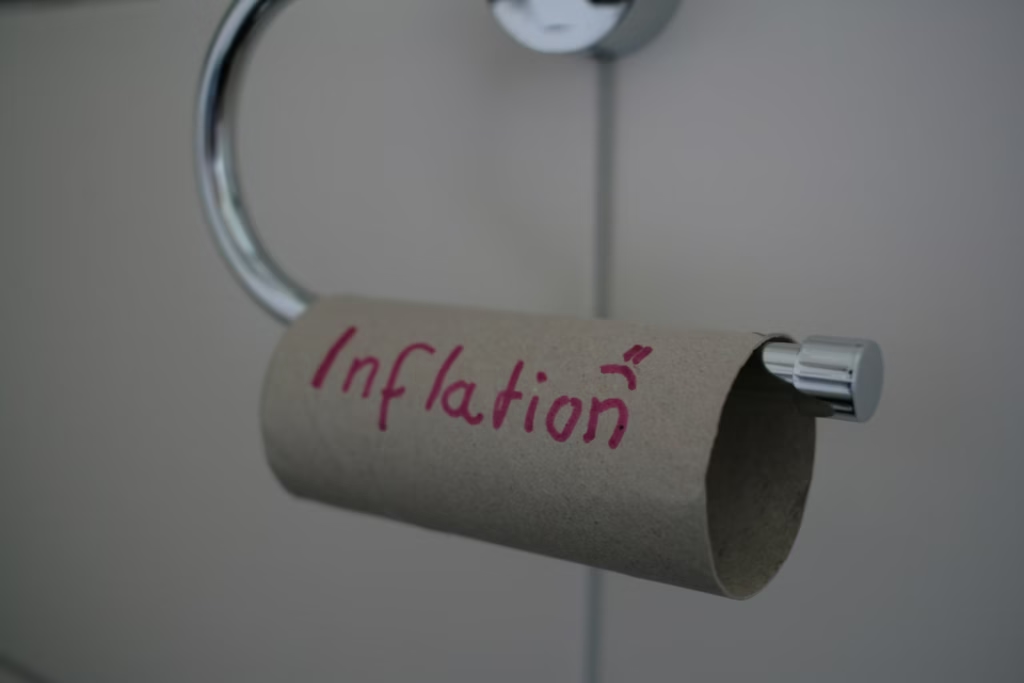Inflation: Causes, Consequences, and Economic Impact
Introduction:
Inflation is a critical economic phenomenon that affects everything from consumer prices to investment decisions. Whether it’s driven by rising demand or supply chain disruptions, inflation plays a significant role in shaping economic trends. In this post, we’ll explore the causes, consequences, and impact of inflation on the economy.
What is Inflation?
Inflation is the rate at which the general level of prices for goods and services rises, eroding purchasing power. It’s typically measured by the Consumer Price Index (CPI) or Producer Price Index (PPI).
Causes of Inflation:
Demand-Pull Inflation: Occurs when demand for goods and services exceeds supply. This often happens in times of economic growth when consumers have more money to spend, driving up prices.
Cost-Push Inflation: Happens when the cost of production increases, such as when the prices of raw materials (like oil) or wages rise. Companies then pass on these increased costs to consumers.
Monetary Inflation: When central banks increase the money supply, it can lead to inflation. If there is too much money circulating in the economy without a corresponding increase in goods and services, prices will rise.
Consequences of Inflation:
Reduced Purchasing Power: As prices increase, the value of money decreases. Consumers are unable to purchase as much with the same amount of money, leading to a decline in their standard of living.
Impact on Savings: Inflation erodes the value of savings, as the purchasing power of money decreases over time. This can discourage saving and increase reliance on borrowing.
Wage-Price Spiral: As inflation rises, workers demand higher wages to keep up with the cost of living. Employers may raise prices to cover these wage increases, leading to further inflation.
How Inflation Impacts the Economy:
Interest Rates: Central banks typically raise interest rates to combat high inflation, which can reduce consumer spending and borrowing. However, this may slow economic growth and lead to higher unemployment.
Investment Decisions: Inflation impacts investment decisions, as the real value of returns on investments decreases. Stock market investors may demand higher returns to compensate for inflation, while bonds become less attractive due to falling real yields.
Conclusion:
Inflation is a key driver of economic conditions, affecting everything from consumer spending to investment strategies. While some inflation is a sign of a growing economy, excessive inflation can have severe consequences. Managing inflation is crucial for maintaining economic stability and ensuring sustainable growth.

